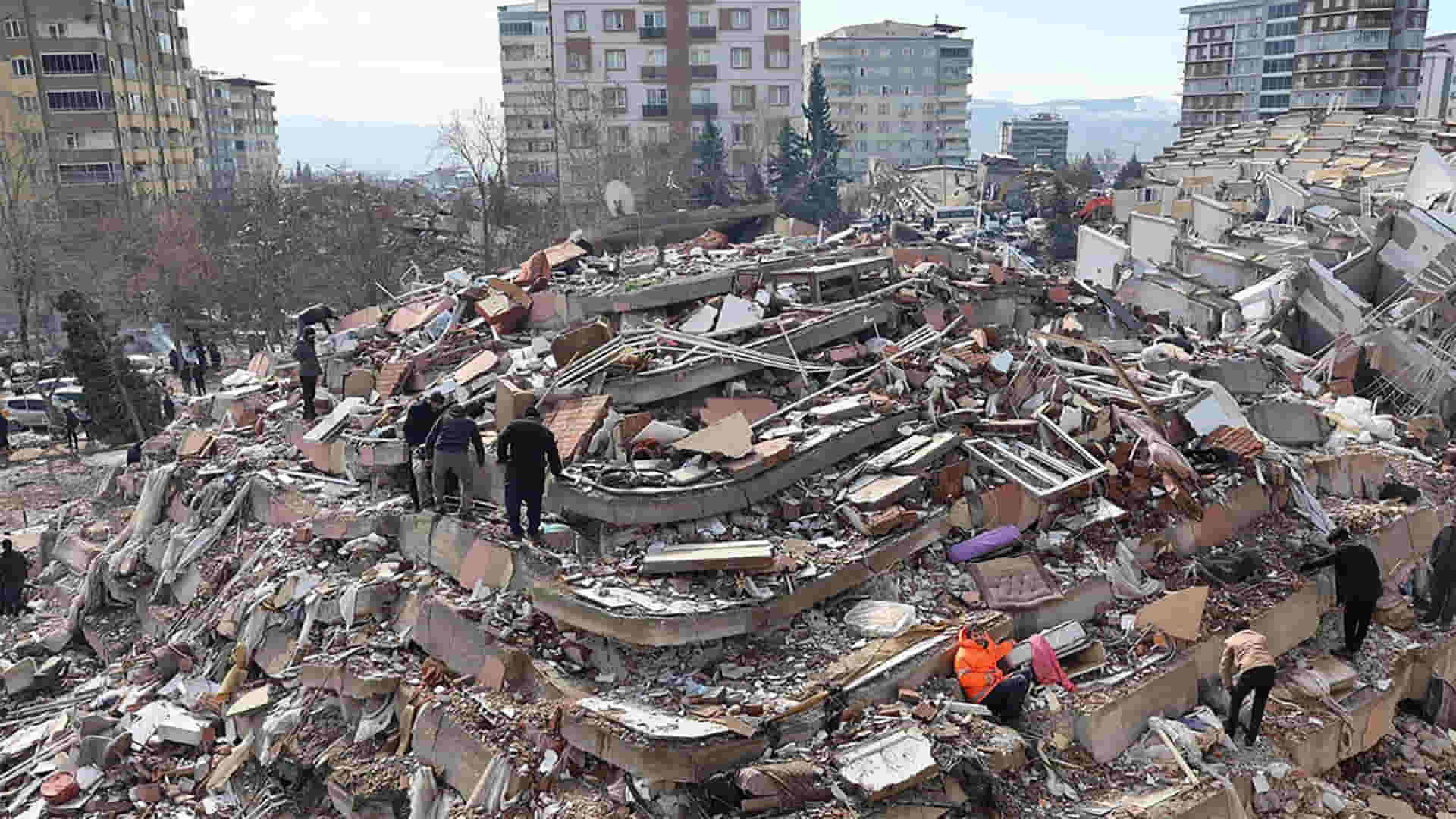Clean Clothes Campaign, carrying out advocacy activities against rights violations for textile workers to work in fair, healthy and safe conditions, made a statement drawing attention to the effects of the earthquakes that had a devastating effect on the living and working conditions of workers in February in the region, where textile and garment production is carried out in high volume in Türkiye. The association, saying that international brands and factory owners supplying from the region, together with the Turkish government, must ensure that workers do not experience additional financial hardship on top of the suffering caused by the earthquake, disclosed: “We call on brands and supply chains to pay on time, ensure that workers receive their full and regular wages (or severance pay in the case of dismissal) and guarantee that factories do not reopen until they are verified as safe.”
The statement mentioned that many factories in the region started to work again shortly after the earthquake, fearing financial sanctions from brands due to late delivery of orders and noted: “Factory owners in severely affected areas called workers, many of whom had lost family members and homes, back to work a week after the first earthquake. Moreover, it was reported that garment workers were not even allowed to leave the factory while the aftershocks continued. Although many textile factories survived the disaster and even initially opened their doors to people seeking shelter, production in the region was largely forced to stop due to damaged infrastructure and the inability of workers to get to work. It is especially important in these difficult times that workers who are unable to return to work have sufficient income to survive. Currently, workers who are unable to go to work are paid 133 TL (7 USD) per day by the state, which is far from enough to support a person, let alone a family.”

“Brands must fulfil their obligations to their suppliers”
Although it is inevitable that there will be delays in wage payments after the earthquake, the refusal of some brands to pay their suppliers due to late delivery raises the possibility that suppliers will be in a difficult situation and the economic burden will be placed on the backs of workers. Noting that it is very important at this point that brands do not repeat their approaches that force suppliers to manage on their own during the Covid-19 pandemic period, Clean Clothes Campaign emphasises that brands should manage this crisis responsibly and fulfil their obligations to their suppliers.
The association said that the workers of the Marbit Tekstil factory in Adana, which produces for Zara and LC Waikiki, were dismissed from their jobs in recent weeks and organised protests by refusing to accept the compensation offers, which were far below the amount they would receive, and stated that this reaction of the factory is familiar from the pandemic period when many factories were closed and workers were not paid their severance payments, which are their legal rights. Reminding that as a result of the behaviour of brands during the pandemic, more than 280 trade unions and workers’ rights organisations around the world came together to form the Payyourworkers coalition, Clean Clothes Campaign stated: “This coalition calls on brands to pay into a severance fund and ensure that workers are paid what they are owed. The current crisis in Türkiye once again shows that brands should take responsibility for the payment of severance payments to workers, which are their legal rights.”

Clean Clothes Campaign announces demands from clothing brands
The statement explained that more than 70 international brands, including Benetton, Boohoo, Esprit, Inditex (Zara), JD Williams, Mango, Marks & Spencer, New Look, and Primark, are supplying products from the earthquake-affected region, and the following were requested from all brands supplying products from the region:
Brands should ensure that workers who are laid off for other reasons despite the officially published ban on layoffs receive severance pay and sign the Payyourworkers Agreement, which includes a severance pay fund; provide financial support (in addition to limited government payments) to its suppliers to ensure employment retention and to those suppliers who will have difficulties in paying workers’ salaries in full for the next six months and who may lay off workers (which is strictly prohibited); pay for orders on time and in full, brands that can easily absorb profit losses should not burden workers and suppliers in Türkiye, who have suffered a human tragedy as a result of the earthquake, with the financial burden of the crisis; work with suppliers where necessary and ensure that suppliers assist in paying rental costs for workers who have to be relocated; insist that factories in the disaster area should not be reopened without a thorough engineering inspection; together with the leading suppliers in the region and the Turkish government, fight against discrimination against Syrian migrants.


